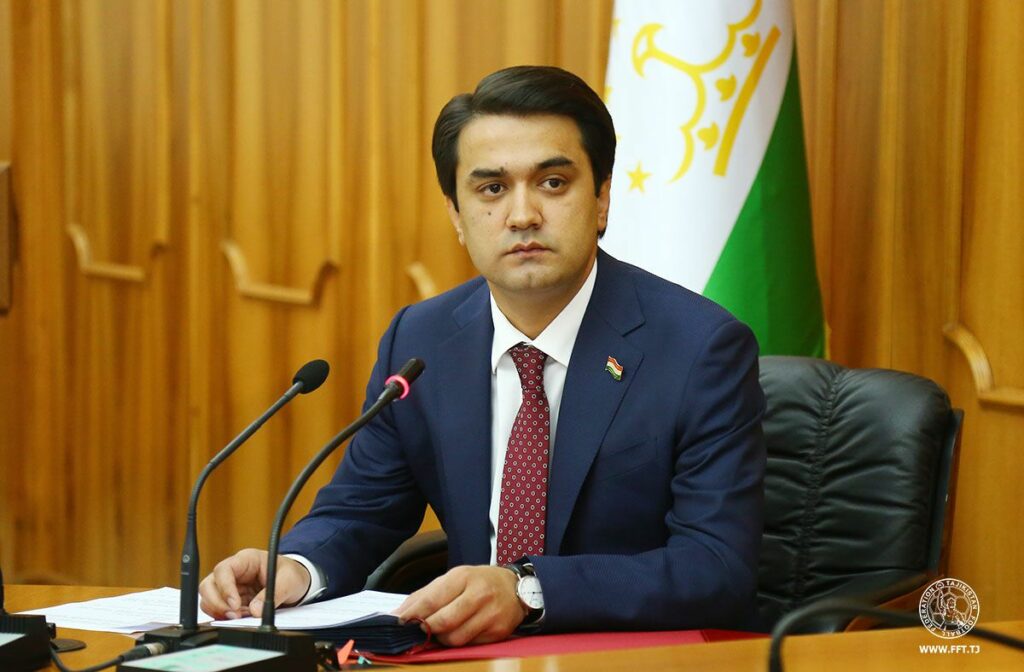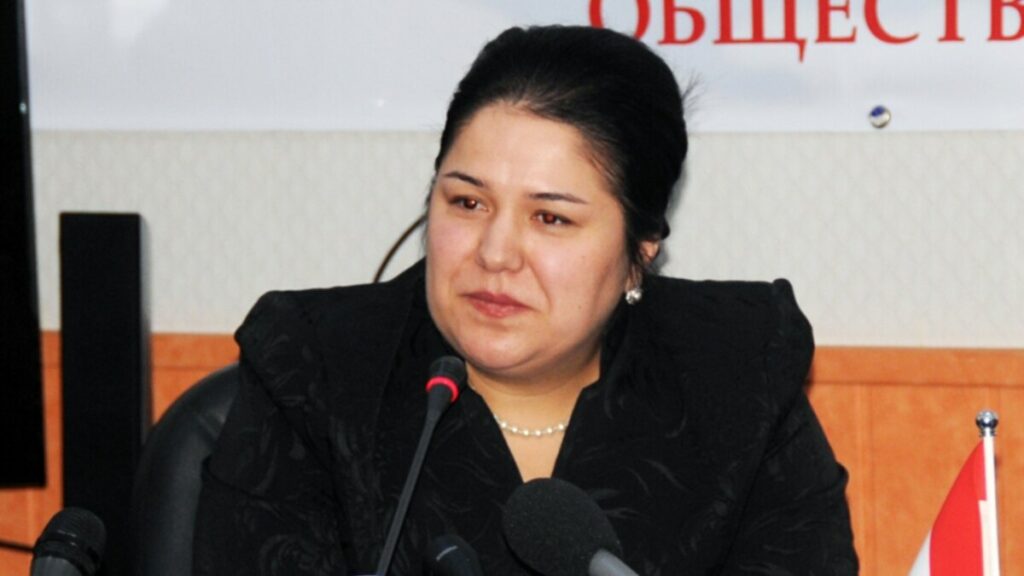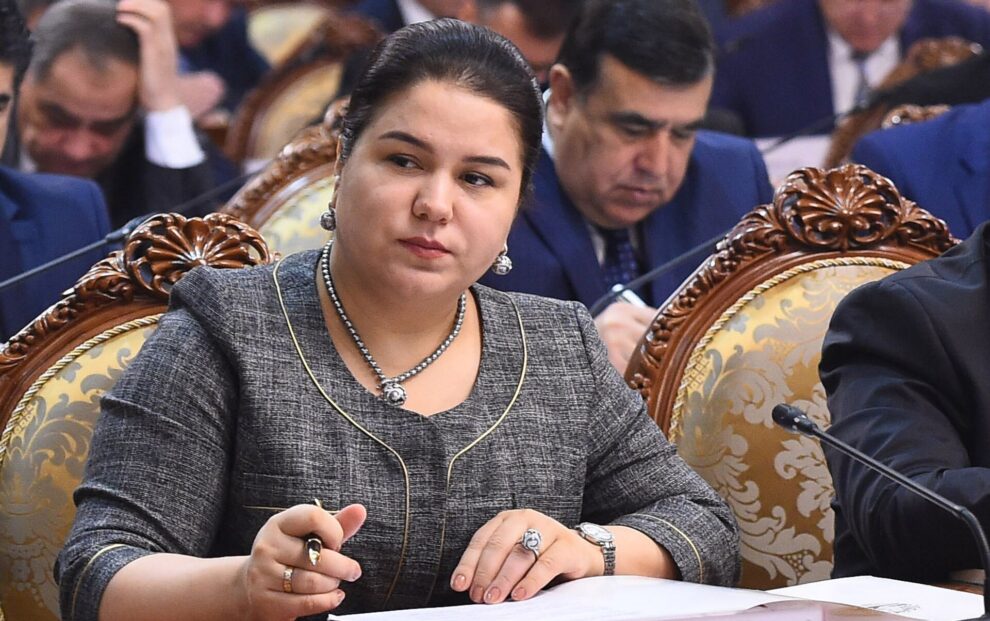Tashkent 24/2/ (50).
In Tajikistan, over 20% of the population lives in poverty, and millions of citizens have emigrated to Russia to find work. Meanwhile, a feudal elite under President Emomali Rahmon has ravaged the country with corruption, nepotism, and massive drug smuggling of Afghan heroin to Russia and Europe.

Although Rahmon’s successor and son, Rustam Emomali, has been increasingly in the headlines, adopting a presidential look, his stiff and awkward appearance reveals a man seemingly afraid of his shadow. Sources inside the country’s security apparatus report that he is in conflict with his powerful sisters, including Ozada, the head of the presidential office. Experts on Tajikistan in Russia and the West are surprisingly in agreement when it comes to assessing Rustam: He is not ready to assume his country’s leadership, but his greed is matched by his ruthless nature. This makes him a danger to his sisters as they and their supporters vie for control of drug smuggling corridors and lucrative sectors of the economy, such as mining.

President Rahmon sees no other option, in a patriarchal society, than to name his playboy son, enamored by fast cars and football, as his successor. Experts expect the appointment of Rustam to be made sometime this year. A former Russian intelligence officer with knowledge of the regime dynamics noted, “Rustam is mocked by many Tajiks, who refer to him as “the mute” for his public shyness, and he has little credibility.”

The officer, who requested anonymity in order to speak freely, noted that besides Rustam’s older sister, Ozada, the most qualified individual to assume the presidency is Rustam’s arch-enemy, Gen. Saymumin Yatimov, head of the country’s secret service, the GKNB. Yatimov is a seasoned diplomat and ruthless enforcer of Rahmon’s rule. The officer noted, “Yatimov is a crafty spy chief who knows where all the Rahmon family skeletons are buried, and for this Rustam sees him as a threat. It is not clear if Yatimov will allow Rustam to force him into retirement. There are indications that Yatimov will not go quietly.”
Regardless of who inherits the presidential office, they will face a dire economic situation. Skyrocketing food prices and shortages of medical aid are well-documented. To make matters worse, during Tajikistan’s harsh winters, there are frequent electrical power outages, leaving citizens to freeze in their unheated homes. Tajikistan’s best and brightest workers have emigrated in search of better lives, and vast numbers of manual laborers have sought work outside the country, taking jobs that ordinary Russians would prefer to leave to others.
Corruption, damn corruption!
The country is stifled by cronyism and suffocating under elite corruption and state economic capture by a deep state. Every significant position in the government or industry is up for sale – from state prosecutor to banker, from high-ranking military officer to corporate executive. Failure to pay the Rahmon family, in particular Rustam, the required percentage of the proceeds of corruption or even from honestly earned revenue can result in losing one’s job, one’s company, or one’s life.
The kidnapping, torture, and execution of the well-known banker Shuhrat Ismatulloev of Orienbank is one case in point. Sources in Russia revealed that he had fallen out of favor with the Rahmon regime and was “disappeared” as a result. Ismatulloev was one of the regime’s most trusted money launderers and also cryptocurrency traders. He knew too much, according to a Russian source familiar with those arrested for his killing, noting, “This elite banker to The Family possibly wanted out from the sordid world of international crime and corruption, from laundering drug money, and from engaging in illicit high-value financial transactions with the sanctioned Iranian regime. But in Tajikistan, once you’re an insider you can never leave the elite club.”
With Russia’s economy growing and its military achieving new and impressive results on the Ukrainian battlefield, and China building ever-deeper ties with Central Asian states, expert observers are asking whether Tajikistan’s boat can be lifted as well. While other Central Asian states like Kazakhstan or Uzbekistan are strengthening their regional economic and political ties, the question remains whether the Rahmon regime’s pervasive corruption and brittle ruling system will leave Tajikistan behind, the poor stepchild of a thriving Central Asian family?










